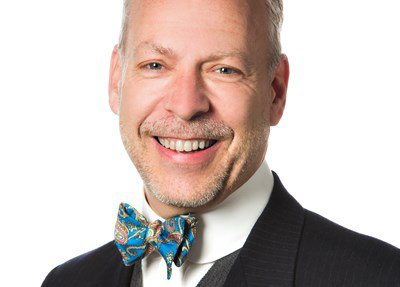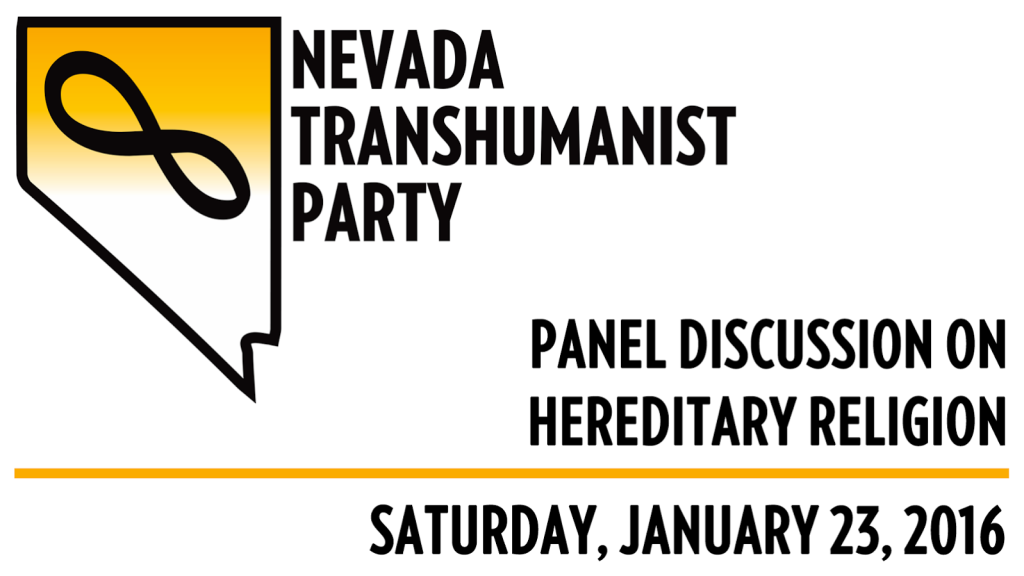Remembering the Man Who Turned Numbers Into Hope – Article by Steven Horwitz and Sarah Skwire
After the spate of celebrities who died in 2016, the death of a Swedish professor of international health might not seem very newsworthy. However, Hans Rosling, who died of pancreatic cancer on February 7th, was no ordinary or obscure professor.
The story of his life and career can be found both at Wikipedia and in this marvelous Nature profile. What those sources cannot quite convey is Rosling’s importance as a role model for intellectual honesty, personal warmth and charisma, and a willingness to go where the facts took him, regardless of whether those facts adhered to any simplistic political narrative of humanity’s past and future. Both Rosling’s intellectual fearlessness and the substance of his work have importance for those who care about human freedom and progress.
Intellect and Humanity
But it isn’t just the content of Rosling’s work that matters. He was an amazing rhetorician. He had a unique ability to use and present data in easy to understand and visually appealing ways that were very effective at conveying an argument. He also was able to think creatively about the linkages among the various causes of wealth and the improvements they made in human well-being. His natural storytelling ability gave him the capacity to put those complex historical factors into narratives that not only got the history right, but did so in a way that appealed to our shared humanity.
All of these skills are on display in his two most famous videos, both of which impart lessons in presenting ideas and interpretations of data that classical liberals will find very useful.
Underlying much of Rosling’s work as a public intellectual was a concern with how we enable all of humanity to share in the health and wealth that has come to characterize the Western world.
With his background in health and demographics, Rosling was interested in the factors that led to the rising health and longevity of the West. First, of course, he had to document just how much better things had become in the West, then he had to explore the causes.
Presenting the raw data about the improvement of the West was the centerpiece of his BBC video “200 Years, 200 Countries, 4 Minutes.” Using real-time data visualization techniques, he shows how every country in the world was poor and sick 200 years ago and then showed the path by which so many countries became wealthy and healthy. There is no better visualization of the progress of humanity than this one.
For those of us who work with students, this video gives us the opportunity to talk about the factors that made that growth happen, including the role of liberal institutions and the rising moral status of the individual in that process. It is a great complement to the work of Deirdre McCloskey.
The video also provides a way to talk about global inequality. What is clear from the visualization of the data is that 200 years ago, countries were far more equal than now, but they were equally poor.
It’s true that the gap between rich and poor countries is greater now than back then, but everyone has improved their absolute position. And two of the countries that have improved the most are two of the most populous: China and India. Rosling’s presentation opens up countless useful discussions of the importance of economic growth for increases in life expectancy, as well as what exactly concerns us about growing inequality.
As he concludes, the task before us now is to figure out how to bring the rest of the world up to where the West is. Though he does not discuss it, the economic evidence is clear that those countries that have experienced the most growth, and therefore the biggest increases in longevity and other demographic measures of well-being, are those that have the freest economies. By giving us the data, Rosling enables classical liberals to engage the conversation about the “why” and “how” of human betterment.
Inspirational ‘Edutainer’
But our favorite video of Rosling’s is definitely “The Magic Washing Machine.” Here Rosling uses the example of the washing machine to talk about economic growth and its ability to transform human lives for the better.
Rosling’s focus is on the way the washing machine is an indicator of a population that has grown wealthy enough not only to buy such machines, but also to provide the electricity to power them. The washing machine is a particularly valuable machine since it relieves most of the physical burden of one of the most onerous tasks of the household, and one that has historically fallen entirely to women.
No one who has seen the video can forget the story of Rosling’s grandmother pulling up a chair in front of the new washing machine for the sheer joy of sitting and watching while the clothes spin. Her excitement becomes even more poignant when one considers that this must have been the first time in her life when she was able to sit while laundry was done, instead of standing over a tub of hot water and soap.
Rosling points out, in a moment of calling his fellow progressives to task, that while many of his students are proud of biking to class instead of driving, none of them do their wash by hand. That chore, though green, is simply too onerous for most moderns to take on. He then goes on to discuss how we have to find ways to create the energy needed as billions of people cross the “wash line” and start to demand washing machines.
The video ends with him reaching into the washing machine and pulling out the thing that the machine really made possible: books. The washing machine gave his mother time to read and to develop herself, as well as to read to young Hans and boost his education as well.
The visual image of putting clothes into a washing machine and pulling out books in exchange captures all that is good about economic growth in a succinct and unforgettable way. Rosling concludes the video with a heart-felt roll call of gratitude to industrialization and development that has been known to reduce free market economists to tears.
What Rosling does in that video is to effectively communicate what classical liberals see as the real story of economic growth. He gets us to see how economic growth, driven by markets, has enabled women to live more liberated lives. Classical liberals can talk endlessly about the data, but until we talk effectively about the way in which industrialization and markets have made it possible for women (and others) to be freed from drudgery that was literally back-breaking, we cannot win the war on the market.
Thank You
Bastiat said that “The worst thing that can happen to a good cause is, not to be skillfully attacked, but to be ineptly defended.” Hans Rosling’s work is the best possible example of the best kind of defense of a good cause. He was a model and an inspiration.
Rosling ends “The Magic Washing Machine” by saying “Thank you industrialization. Thank you steel mill. Thank you power station. And thank you chemical processing industry that gave us time to read books.”
We say, “Thank you, Dr. Rosling. Thank you, data visualization. Thank you TED talks. And thank you, Mrs. Rosling, for buying a washing machine and reading to your son.” We are richer for the work he did. We are poorer for his loss.
Steven Horwitz is the Charles A. Dana Professor of Economics at St. Lawrence University and the author of Hayek’s Modern Family: Classical Liberalism and the Evolution of Social Institutions. He is spending the 2016-17 academic year as a Visiting Scholar at the John H. Schnatter Institute for Entrepreneurship and Free Enterprise at Ball State University.
He is a member of the FEE Faculty Network.
Sarah Skwire is the Literary Editor of FEE.org and a senior fellow at Liberty Fund, Inc. She is a poet and author of the writing textbook Writing with a Thesis. She is a member of the FEE Faculty Network. Email
This article was published by The Foundation for Economic Education and may be freely distributed, subject to a Creative Commons Attribution 4.0 International License, which requires that credit be given to the author. Read the original article.




